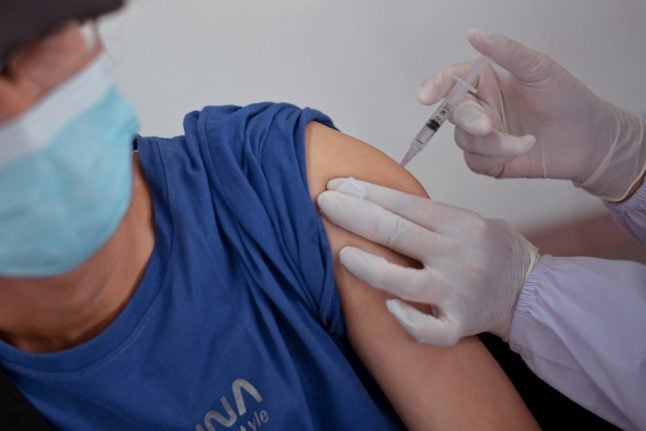The French health authority Haute autorité de Santé (HAS) reported two more cases of monkeypox (known as variole du singe in French) on Tuesday, bringing the total number of people of confirmed cases in France to five.
The patients are in the greater Paris region of Île-de-France (3 cases), Auvergne-Rhône-Alpes and Occitanie. The authorities said the cases were reported among men who have sex with men, confirming a Europe-wide trend.
More than 170 monkeypox cases have now been confirmed outside Africa, where the disease is endemic, in a dozen European countries (Spain, Belgium, Italy, the Netherlands) but also in Australia, Canada and the USA.
The French HAS has recommended a vaccination strategy that would include giving vaccines to contact cases for monkeypox patients who are at high risk – including healthcare workers.
❗️ La HAS recommande de vacciner les cas-contacts à risque de personnes atteintes de variole du singe, dont les soignants non protégés.
Le vaccin Imvanex contre la variole doit être utilisé, "idéalement dans les 4 jours après le contact". #monkeypox
1/nhttps://t.co/v9sp1MLkha pic.twitter.com/nJcdgYSGHf
— Nicolas Berrod (@nicolasberrod) May 24, 2022
Existing vaccines such as the third-generation smallpox vaccine are effective against monkeypox.
The HAS recommendations are advisory and the decision lies with the French government. Health minister Brigitte Bourguignon indicated to RTL that they would be following the HAS advice, and that stocks of vaccine were already available in France.
She added that this would be a targeted vaccination for contact cases, not a pass vaccine rollout as seen during the Covid pandemic.
Monkeypox is a rare disease, similar to smallpox, but less dangerous. It can be transmitted from animals to humans or directly between humans who are in close contact. The symptoms are less severe than smallpox, and include fever, headache, muscle pain, back pain.
Later, rashes, lesions, pustules and finally scabs can appear. There is no treatment for monkeypox which usually heals spontaneously with symptoms lasting 14 to 21 days.
The risk of contagion is very low according to the European Center for Disease Prevention and Control (ECDC), but rises in people with multiple sexual partners.



 Please whitelist us to continue reading.
Please whitelist us to continue reading.
Member comments